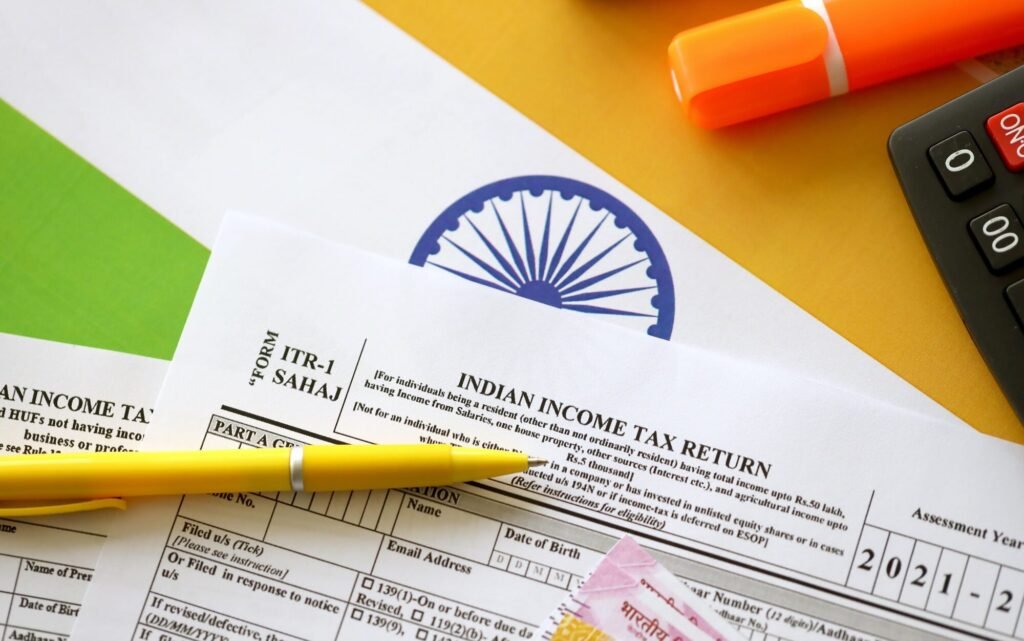Introduction:
Tax planning is an essential aspect of financial management, and understanding how to optimize your income tax liability can significantly contribute to your financial well-being. In India, there are various legal avenues that individuals can explore to minimize their tax burden. Here are 10 smart tips to help you save income tax effectively.

Invest in Tax-saving Instruments:
Explore tax-saving investment options under Section 80C of the Income Tax Act, such as Public Provident Fund (PPF), Equity Linked Saving Schemes (ELSS), National Savings Certificate (NSC), and tax-saving fixed deposits. Investments in these instruments can be claimed as deductions up to ₹1.5 lakh per financial year.
Employee Provident Fund (EPF):
Contributing to your EPF not only ensures a secure retirement but also offers tax benefits. Employee contributions to EPF are eligible for deductions under Section 80C, while the interest earned on the EPF is tax-free.
National Pension System (NPS):
NPS is a voluntary, long-term retirement savings scheme designed to enable systematic savings. Under Section 80CCD(1B), an additional deduction of up to ₹50,000 is available for contributions made to the NPS.
Health Insurance Premiums:
Invest in a comprehensive health insurance policy for yourself, your family, and parents. Premiums paid for health insurance policies qualify for deductions under Section 80D. Ensure that you utilize the full deduction limit available based on the age of family members.
Home Loan Interest and Principal Repayments:
If you have a home loan, the principal repayment qualifies for deduction under Section 80C, while the interest paid is eligible for deductions under Section 24(b) and Section 80EEA. Utilize these benefits to reduce your taxable income.
Education Loans:
Interest paid on education loans qualifies for deductions under Section 80E. This deduction is available for a maximum of eight years or until the interest is repaid in full, whichever is earlier. Ensure that you keep records of interest paid.
Donations to Charitable Organizations:
Donations made to registered charitable organizations are eligible for deductions under Section 80G. Be sure to check the eligibility of the organization and keep proper receipts for the donations made.
House Rent Allowance (HRA):
If you are living in a rented accommodation, you can claim HRA exemptions as per the rules outlined in the Income Tax Act. Ensure that you provide accurate details of rent paid and comply with the necessary documentation.
Income from Other Sources:
Diversify your income sources to optimize tax liability. Explore options such as tax-free bonds, dividends, and long-term capital gains, which may be taxed at a lower rate or exempted from tax altogether.
Tax-efficient Salary Structuring:
Work with your employer to structure your salary in a tax-efficient manner. This could include opting for tax-free allowances, such as medical allowances, conveyance allowances, and others, to maximize take-home pay.
Conclusion:
By adopting these smart tax-saving strategies, individuals in India can effectively reduce their income tax liability while ensuring compliance with the legal framework. It is crucial to stay informed about the latest tax laws and consult with a financial advisor for personalized advice based on your specific financial situation. Remember, responsible tax planning not only saves money but also contributes to long-term financial security



